The title of "People's Children's Soldiers" stems from the iron army that walked out of the Taihang Mountains and did not return to the homeland!
Author:Look at the think tank Time:2022.07.31


Tomorrow is the 95th anniversary of the founding of the Chinese People's Liberation Army.
When it comes to the PLA, he has to mention the name of "people's children". What many people do not know is that the generation of cordial names is closely related to a troops.
Starting in the Anti -Japanese War in 1937, in the Eighth Route Army that launched a strategic development behind North China, a new troops emerged with distinctive characteristics. Its combat effectiveness grew rapidly. A thick page.
From the establishment of the troops to the victory of the Liberation War, this unit has a wide range of regions and the distance of the road. It has won the honorary title of "the children of Taihang Shan Iron". The origin of the children.
When it comes to Xibaipo, the Xinjiang Production and Construction Corps after the establishment of the Long March and the founding of the second Long March and the founding of the New China is inseparable from the Code of the troops -Pingshan Regiment.
Wen | Xu Duyan
Edit | Xie Fang Watch Think Tank
This article is an original article on the lookout think tank. If you need to reprint, please indicate the source of the Source of the Source of the Think Tank (ZHCZYJ) and the author's information, otherwise it will strictly investigate the legal responsibility.
1
Unique Eighth Route Army
Pingshan County, a mountain county in western Hebei, and Taihang Shanshan, the population was less than 250,000 in 1937.
After the outbreak of the Lugou Bridge Incident, the Japanese army invaded the west along Pinghan and Tongpu Heping Sui Railway. The Red Army adapted into the Eighth Route Army to quickly cross the river and put it in the front line of Shanxi to fight against Japan. In October 1937, in order to launch the masses and expanded the combat forces, Wang Zhen, the head of the 120th Division 359, sent a 300 -person working group to Pingshan.
The 359 brigade focuses on Pingshan because the local mass foundation is good. As early as the early 1930s, Pingshan County established a party organization and survived in white terror. When the work group arrived, it had developed to more than 700 party members.
The working group formed 10 expansion teams to mobilize the young people of each village to participate in the army. The backbone of the party members of Pingshan played a leading role. More than 200 party members took the lead in signing up and the masses responded.
There are only 10 households in the hometown of Li Zaiming Wen. He sent his two nephews, and all the young people in the village followed;
Li Fazhuang was the first member of Pingshan. He returned home and brought 30 children in the village to make a row. The former county party secretary also wore military uniforms and became a recruit;
Liang Yuqing was the first to register in his village. This village with only 60 households, once, 34 people followed the army, and recommended Liang Yuqing as the leader;
Liu Guangxi is a well -known local doctor. He not only brought his brothers and nephews, but also brought his hospital.
In just one month, more than 1,700 people signed up for the Eighth Route Army, which was enough to make a regiment.

On April 1, 2022, volunteers came to the martyrs' cemetery in Shiligou Village, Sujiazhuang Township, Pingshan County, deep in Taihang Mountain to offer flowers to the Martyrs of the Anti -Japanese Martyrs. Figure | Surging image
At that time, the Kuomintang only gave the Red Army's 3rd Division and 6 Brigade for a total of 18 regiments. The total strength of the Eighth Route Army went to the front line was only 36,000. Among them, the 120th Division compiled by the Red Second Army was the 358th Brigade and 359th Brigade, and the 359th brigade was traveled to the Yellow River.
After the Pingshan expanded army, the number of 718 regiments gave this recruits, and the strength of the 359th brigade was quickly enriched. The new 718 regiment is almost a clear Pingshan youth, so it is affectionately called the "Pingshan Regiment". The soldiers of this regiment are all recruits, and all of them are from the same county. They are unique in the Eighth Route Army.
Chen Zongyao, the first head of the Pingshan Regiment, was from Chaling in Hunan Province. Luo Zhang, a political commissar, was a man in Jiangxi. Both were the old Red Army of the Long March of the Army of the Reds.
After leaving his hometown, the Pingshan Regiment quickly devoted himself to fighting with the Japanese army, and he never returned to his hometown since then.
2
Never reduce the main group of employees
The important contribution of Pingshan County's anti -Japanese war is not just a Pingshan regiment.
After the Pingshan Regiment left, Luo Rongzheng led the 115th Division Teaching Team, and the 115th Division 344 Brigade and Zeng Guohua Division led by Xu Haidong Huang Kecheng came to Pingshan and needed to expand the soldiers. The Pingshan people sent a large number of young people again. Only 344 brigades added nearly a thousand Pingshan recruits. A large number of Pingshan children walked to southern Hebei, Jilu, Yu, Henan, Anhui, and Shandong, and devoted themselves to the ethnic liberation battlefield with various troops.
During the comprehensive anti -Japanese war, Pingshan County with more than 200,000 people sent more than 12,000 soldiers to the Eighth Route Army's main force, which did not include local forces, militia and guerrillas. The leading agency of the Jinchaji Border District has been stationed in Pingshan for a long time, and the 5th regiment edited by the children of Pingshan was later became the main group of Jinchaji. In the early Eighth Route Army at the North China Frontline, an average of 20 soldiers had one Pingshan soldier.
Behind the active joining the army is the huge dedication of the people of Pingshan. A large number of Pingshan children sacrificed on the battlefield, and the Pingshan people were always suffering from the pain of lost their sons. Two -thirds of the county villages have the Pingshan Tuan. Many villages have more than half of the families.
What is even more cruel is the burning and looting after the Japanese army hated Pingshan.
During the War of Resistance Against Japan, the Japanese army conducted 33 large -scale massacre on Pingshan. At least 14,000 people were killed, and there were countless people who displaced them. The miserable scenes of Dai Xiao and the village of villages spread all over the mountains. Pingshan Musician Cao Mars, once watched more than 1,000 folks, was concentrated in the Japanese army to kill with machine guns. After joining the army, when he moved to the suburbs of Beijing with his troops, he received the news that his father was killed by the Japanese army. He cried and lost his voice: "Without the Communist Party, there is no me in Cao Mars. If I do not participate in the army, I will be killed by the Japanese."
With the determination of sadness and vowing to fight against the enemy, in September 1943, Cao Mars wrote the popular song "Without the Communist Party without the New China".
However, the slaughter did not scare the people of Pingshan. One by one, "Filial Hats" and "Filial Hat Team" walked out of the mountain village, and continued to join the Eighth Route Army. The tearful "Little Singing of the Army" is the true portrayal of the Pingshan people:
"The last bowl of rice is used for military food, the last foot is used to make military uniforms, the last old quilt is covered on the stretcher, and the last bone and flesh are sent to the battlefield."
Rong Guanxiu, known as the "mother -in -law and mother", rushed to the recruitment mobilization meeting in the border area with his small feet. Go to one, go all the best, if not suspected Li You (her husband), ask him to go to the Eighth Route Army to feed the horse. "
Rong Guanxiu served as the director of the Women's Rescue Association, and strictly inspected each pair of military shoes. At the founding ceremony, she saw Chairman Mao for the first time. As soon as she said her name, the chairman immediately said: Rong Guanxiu, I know you.
By May 1939, Pingshan County recruited another 630 young people, established a Pingshan camp to make up for the Pingshan regiment with a very large casualties, and then more than 800 recruits. At the same time force.
The Pingshan people have regarded the Pingshan Tuan as a symbol of the pioneers and the biggest honor of Pingshan. They shouted confidently: "The Pingshan Tuan will never reduce the staff!"
3
Pingshan Regiment and Baihunen
In early 1938, the Pingshan Regiment, which was trained in Yixian County, Shanxi, fought the first battle since the division -Tianjiazhuang battle. These farmers' children were the first time on the battlefield, with big knives and red gimbers in their hands, and three grenades.
Under the careful command of the head of the regiment Chen Zongyao, the Pingshan regiment ambushed a squadron of the squadron from Yuanping to Qixian County. Using the topographic advantages, under the leadership of the commanders and the Red Army at all levels, the recruits took turns to the highway pitching grenade and took 10 vehicles to 10 vehicles and 10 vehicles. All the cars were bombarded, then bravely charged, and the trained devils hit the combat.
In the first battle, the Pingshan regiment wiped out a squadron of the Japanese army and seized 4 heavy machine guns, 15 light machine guns, more than 120 rifles and a large number of ammunition. The fighting emotions were greatly inspired. Immediately after, under the command of the head of Wang Zhen, the Pingshan Regiment participated in a series of battles to regain 7 counties in northwestern Jin.
When a good soldier encounters a mighty belt, the role of taught is quite large.
Before watching the battle of the home building, Wang Zhen personally mobilized the Pingshan regiment. He borrowed a coffin from his hometown and stood on it and said: "There is nothing terrible in Japanese devils. Drilling it into this coffin when he died. "Wang Zhen said, while turning the coffin.
After the start of the battle, Wang Zhen was in command and fainted by the poisonous gas applied by the Japanese army. Dr. Baihuien came from himself to leave him from the danger with other poisoned soldiers.
In the future, the Pingshan regiment frequently moved to fight and played many classic cases such as Shaojiazhuang and Zhangjiawan. In Lingqiu's blocking war, they let the large stocks only walk 35 kilometers for 6 days and 6 nights, and they also surrounded the Japanese army into the Jedi, forcing more than 100 Japanese troops to believe in Bushido.
Doctor Baihunen, who followed the Pingshan Regiment, learned that many of the groups were brothers to play together and praised loudly: "Brother, Brother!"
In order to treat the wounded in time in time, the famous thoracic surgeon insisted that the Captain Wang Zhen agreed to move forward the rescue. Essence On this day, Bethune also performed leg amputation surgery for Liu Dayou in the 3 Battalion of the Pingshan Regiment, and lost 300 ml of blood to Liu Da.
The two names of Pingshan Regiment and Bethune are closely linked in the Anti -Japanese War. When the soldiers of the Pingshan Regiment shouted, "Chong, Dr. Bai is behind us!"
During the ambush war in Guangling Highway, because there were too many wounded, when the troops were transferred to the troops, there were more than 20 surgery did not do it. Bethune insisted on saving the lives of these Pingshan soldiers, and asked Wang Zhen to fight for another 12 hours. The commander of Wang Zhen immediately asked the 3 battalion for another 24 hours, while Bethune worked for more than forty hours in a row, allowing 71 serious wounded members to get away from the danger, which was a miracle at the time.
After the war, Bethune specifically said in the report to the Jinchaji Military Region that the Pingshan regiment has a strong combat effectiveness, so the proportion of wounded people is also high, and the number of wounded people is as many as 1,000. Bethune, who treats the wounded in front of the battle, is very real. The Pingshan Regiment has played stronger and stronger in frequent battles, and has grown into the main group of 359 brigades.
4
The children of the railway of Taihang Mountain
In May 1939, one of the 109th Division and Independence of the 359th Brigade of Tahuai Town, the 717th Regiment of the 359th Brigade in Taihuai Town. After the 717th regiment broke through, the Pingshan Regiment set up the battlefield on the upper and lower waist, and the 717 regiment returned to kill. The 719th regiment was responsible for blocking the aid. Wang Zhen wanted to fight against the arrogant Japanese army. In this battle, the Pingshan regiment was extremely brave and tenacious. After 7 days and nights of blood battles, it killed more than 600 Japanese troops, seized 2 types of infantry guns, 22 heavy machine guns, more than 800 rifles, and 200 horses. There are also 11 Japanese troops captured. Battle on the upper and lower waist strokes has also become a very famous battle for 359 brigades.
The 359 brigade captured more than ten enemies in the battle up and down, and the battlefield photographer Sha Fei took a picture of Wang Zhen and the Japanese prisoners of war. Picture source: "Party History Expo"
According to the old soldiers of the Pingshan Regiment, the combat effectiveness was strong before 1940. The Japanese army was well -trained, and there was a effort to kill and surrendered. As long as the Japanese army shot, we would fall down. Fighting with such a fierce enemy, there is no tenacity and a firm sacrifice spirit, it is difficult to win.
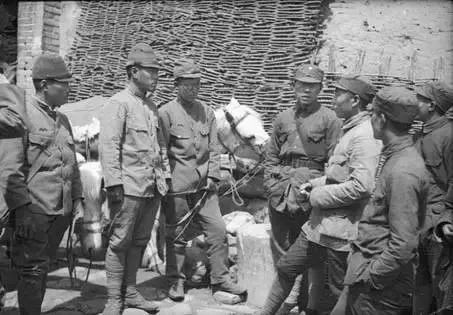
During the upper and lower waist strokes, the Pingshan regiment paid more than 300 people's sacrifices. Among them, Wang Jiachuan, a fighting hero of 8 Japanese troops.
On the ninth day of Wang Jiachuan's sacrifice, a young man came to the Pingshan Regiment to hand over the introduction letter from Pingshan County to ask for the army. When asked about the name and coming, he said that he was Wang Jiachuan's elder brother. There was no other name. He would be called Wang Jiachuan in the future. If he sacrificed himself, there was a 16 -year -old brother at home. Sichuan, there are hundreds of partners in our village. They are all called Wang Jiachuan, and Wang Jiachuan is endless.
Wang Jiachuan's brother was Wang Sanzi. He learned that his brother was sacrificed and he was full of anger to participate in the Pingshan Tuan revenge. The father in the sorrow did not speak. The next day, he said to Wang Sanzi: I thought about it all night. Now there are difficulties in the country. We need loyal ministers. Our Wang family is to be loyal ministers.
The troops were moved to meet the requirements of Wang Sanzi. Immediately, Jinchaji's "Anti -Enemy" published an article in the title "Wang Jiachuan has no death".
Battle on the upper and lower waists, and was highly praised by Commander Nie Rongzhen of the Jinchaji Military Region. He specially issued a reward order and awarded a glorious title of Pingshan Regiment- "the children of the Taihang Mountain Railway".
This proposal of Commander Nie Rongzhen is a highly summarized summary of the Eighth Route Army and the masses, and Chairman Mao Zedong praises it. Since then, the people of the people have become the reputation of the people's army under the leadership of the Communist Party of China.
5
Fundamental training is not wrong
In the winter of 1939, the Japanese army prepared to cross the Yellow River westward, while the Kuomintang army began to create friction. In order to defend the Shaanxi -Gansu -Ningbian area, a troops with strong combat effectiveness need to be mobilized to return to the northern Shaanxi. President Mao Zedong first thought of the 359th brigade. At this time, the 359th brigade has grown and has 15,000 troops. Among them, the Pingshan Regiment has two years of fighting and tempering. It is already the main group equipped with Japanese equipment.
After returning to northern Shaanxi, the 359th brigade guarded the Yellow River River Defense, and cooperated with the 120 divisions on the east bank to fight 48 times with the Japanese army in the west, repelled the Japanese invasion, and drove away the frequent creation of the Kuomintang Suide Commissioner who made frictions. He Shaonan. During this period, the Pingshan regiment was stationed in Mizhi County, northern Shaanxi for a long time.
After the Battle of the Hundred Regiments in 1940, the Japanese army strengthened its sweeping in the North China base, and suffered serious losses in various bases in North China. After the Southern Anhui Incident in 1941, the Kuomintang suspended the army of the Eighth Route Army and blocked the Shaanxi -Gansu -Ningxin border area. Chairman Mao Zedong issued a call for "do your own, full of clothing and food", and initiated a well -known large -scale production movement. The 359th brigade was ordered to enter Nanni Bay to recover the wasteland. In March 1941, it was the Pingshan Tuan who first entered Nanni Bay.
The 359 Brigade's Great Production Movement is famous in the world, and at the same time that they have not been laxing military training at the same time as they are planted. After 1942, a large number of soldiers reached the standard of "Zhu De Shooter" and "He Long Volunteer", and won the first group in the military competition of the border troops.
In 1944, the Chinese and Foreign Journalists Group and the U.S. Observation Team visited Yan'an. The Times reporter Forman is one of them. He visited and interviewed the Pingshan Regiment. Formman's first impression of the Pingshan Regiment was "these workers are downright combatants, not farmers." He also said that he has been in China for many years. This is the best nutrition in the Chinese army he has seen. One.
What Forman didn't know was that the 359th brigade realized all the self -sufficient food in 1943, and in 1944, he also paid a large number of public food to the border government. The Pingshan regiment he visited was a model forces because of combat and production, and also won the award of the "Cultural and Martial Arts Troupe". Nanniwan's high yield and harvest, living conditions have greatly improved, of course everyone eats strong and strong.
A reporter of the United States Hezhong Society Emperor Emansan observed the training of a company in the Pingshan team: 100 meters target, a rifle hit 372 rounds, only 3 gun off targets; the average throwing distance of the grenade was more than 40 meters; offensive tactical drills first played in the trench first in trenches. Three shots, then leaped for 150 meters in one minute, and dropped three grenades, and the more obstacles became more embarrassed to complete the thorns of 7 targets. Colonel Bao Ruide, the leader of the U.S. Observation Team, said that this result is amazing anywhere in the world.
Note: When Emanstein actively helped the Chinese colleagues there, the first English telecommunications of Xinhua News Agency were broadcast after rewriting. In 1957, Epustein joined Chinese nationality, and he joined the Communist Party of China in 1964.
6
Go to the north and north, take root in Xinjiang
In April 1944, the Japanese army launched the Battle of the Hunan and Guizhou, and the front battlefield of the Kuomintang army was defeated. In order to open up the South China base, the central government decided to form a 359th brigade to the South Division of the South.
Facing the siege of the Japanese pseudo -army and the Kuomintang troops, the south departments were fighting alone in the case of the enemy and our strength. It lasted 659 days and the total schedule was 27,000 miles. Breaking the pursuit of hundreds of thousands of enemy forces, after returning to the south and the Central Plains, it finally returned to Yan'an in September 1946. This southern sign was also called "the Second Long March in our party history" by Chairman Mao Zedong.
That is to say, in the south to the north, the Pingshan Regiment has suffered the biggest sacrifice since its establishment. More than 5,000 people from the south detachment will return to Yan'an only 833 people. Bone is in the mountains and mountains in the south.
The Pingshan Regiment is like a specialty for the Anti -Japanese War. It has been sharpened in the Anti -Japanese War, giving the invaders a heavy blow. In the later stages of arch guards, Yan'an made a legendary economic contribution. The Anti -Japanese War finally won. The loss was exhausted during the war.
However, the flag of Pingshan Tuan is not fell, and the glory of Pingshan is even more eye -catching. In May 1948, Chairman Mao Zedong, the Central Committee of the Communist Party of China, and the PLA headquarters moved to Xibaipo in Pingshan County to determine the instructions of the three major battles of the Chinese revolutionary process from here.
In 1949, the Pingshan Regiment was adapted into the 14th regiment of the 5th Division of the 2nd Army of the 1st Corps of the Chinese People's Liberation Army. Known as the third Long March.
The Pingshan Regiment did not return to Yan Zhao's hometown. In February 1952 after entering the Xinjiang, some of the Pingshan regiment refer to the 3rd Army of the soldiers into the infantry 4th regiment and guarded the southern Xinjiang. In the 1962 counter -defense and counterattack battle, the first battle of the team of the war, the red mountain head, "I used me in the first battle, The martial arts and prestige of the battle.
Another part of the Pingshan Regiment refers to the commander of the Military Commission to become the first batch of passers -by of the Xinjiang Production and Construction Corps. In this regard, we have taken root in the west of the motherland.
Uncle Ku Welfare
Uncle Ku's book is always there! The Machinery Industry Press provided Uncle Ku with 30 "Decoding Silicon Valley" and presented enthusiastic readers. During the visit to the University of California Berkeley in the University of California, Xinhua News Agency reporters interviewed hundreds of builders and observers of Silicon Valley, Li Kaifu, chairman of the Innovation Workshop, Silicon Valley Entrepreneurship Master Steve Brank, and Professor Stanford and Berkeley. Together with Silicon Valley's innovation password. Please comment under the article that the top 4 (more than 50) with the highest likes will receive a book.
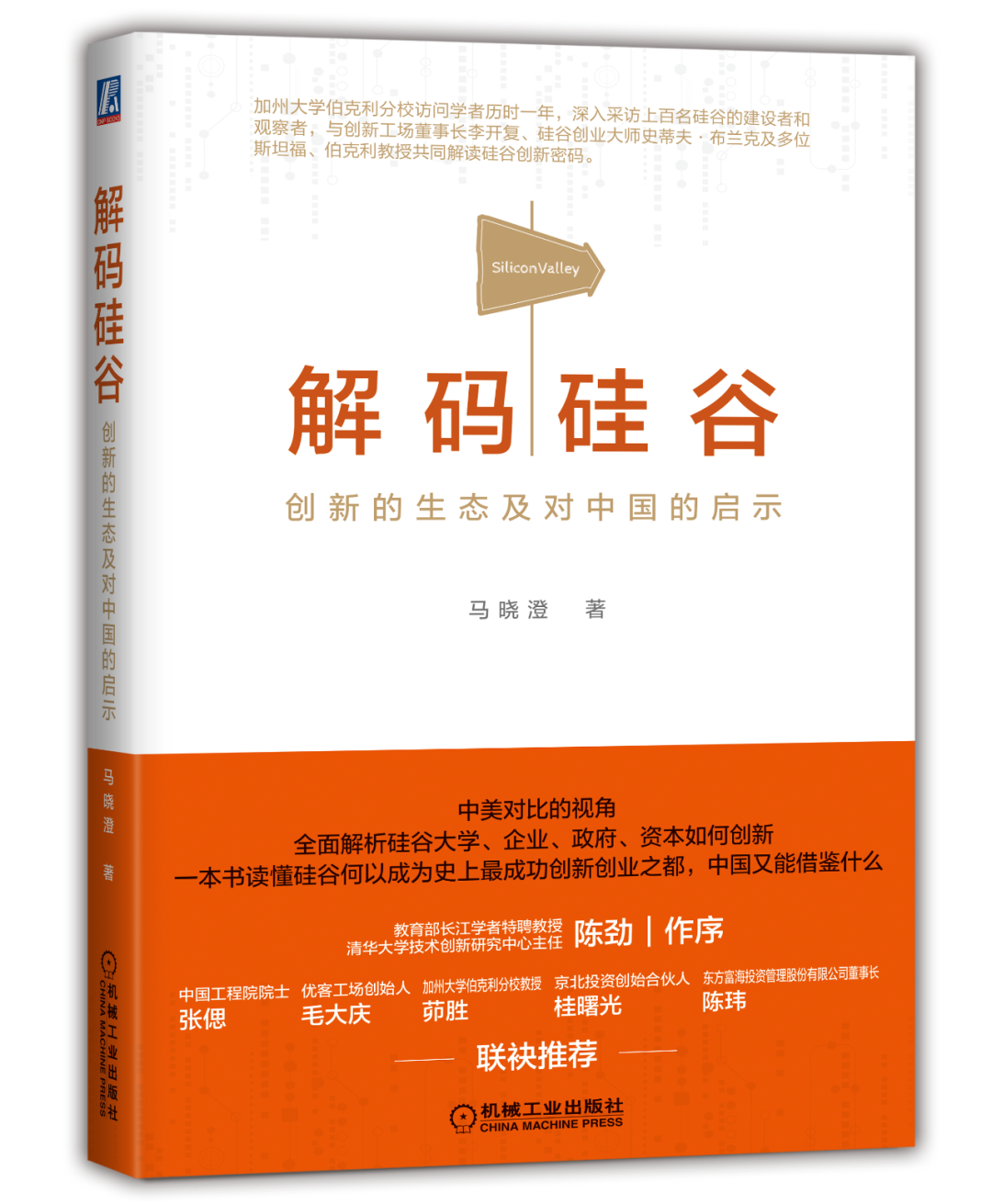
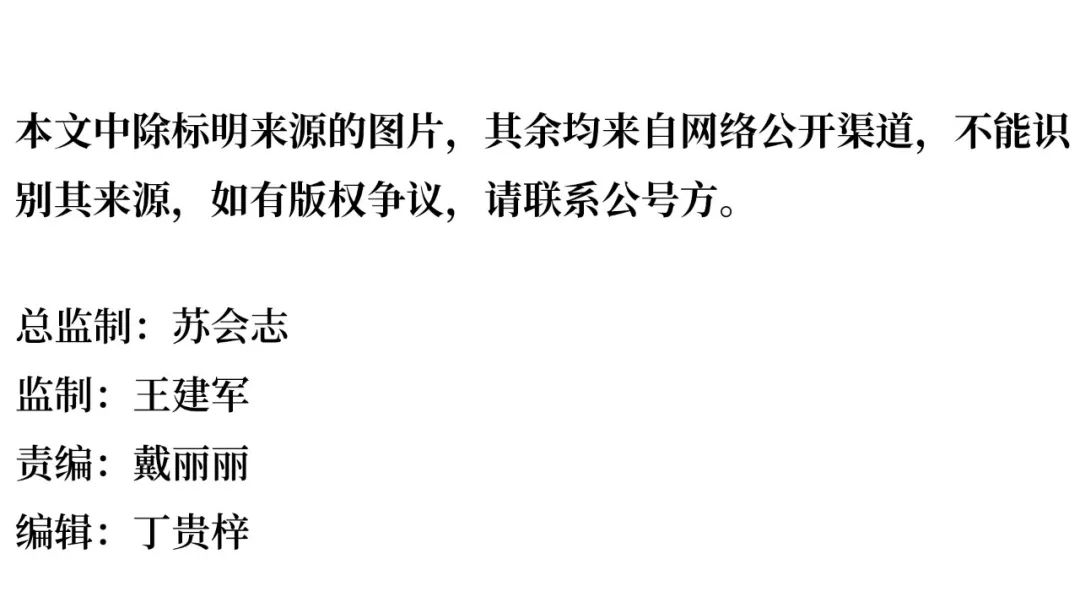
- END -
Without these three "golden partners", the effect of calcium supplementation is greatly reduced!
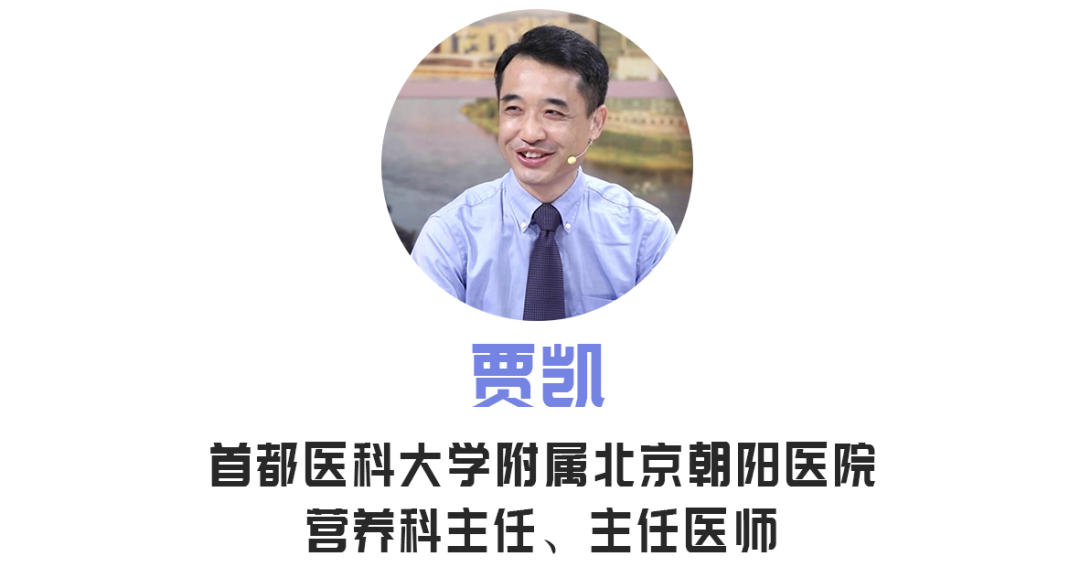
Can I only eat calcium tablets to achieve calcium supplementation? Today, Jia Kai,...
Two years ago, the Standing Committee of the Hubei Provincial People's Congress approved the decision on the implementation of the ban on arrest on the Hubei section of the Yangtze River | Wuhan Calendar
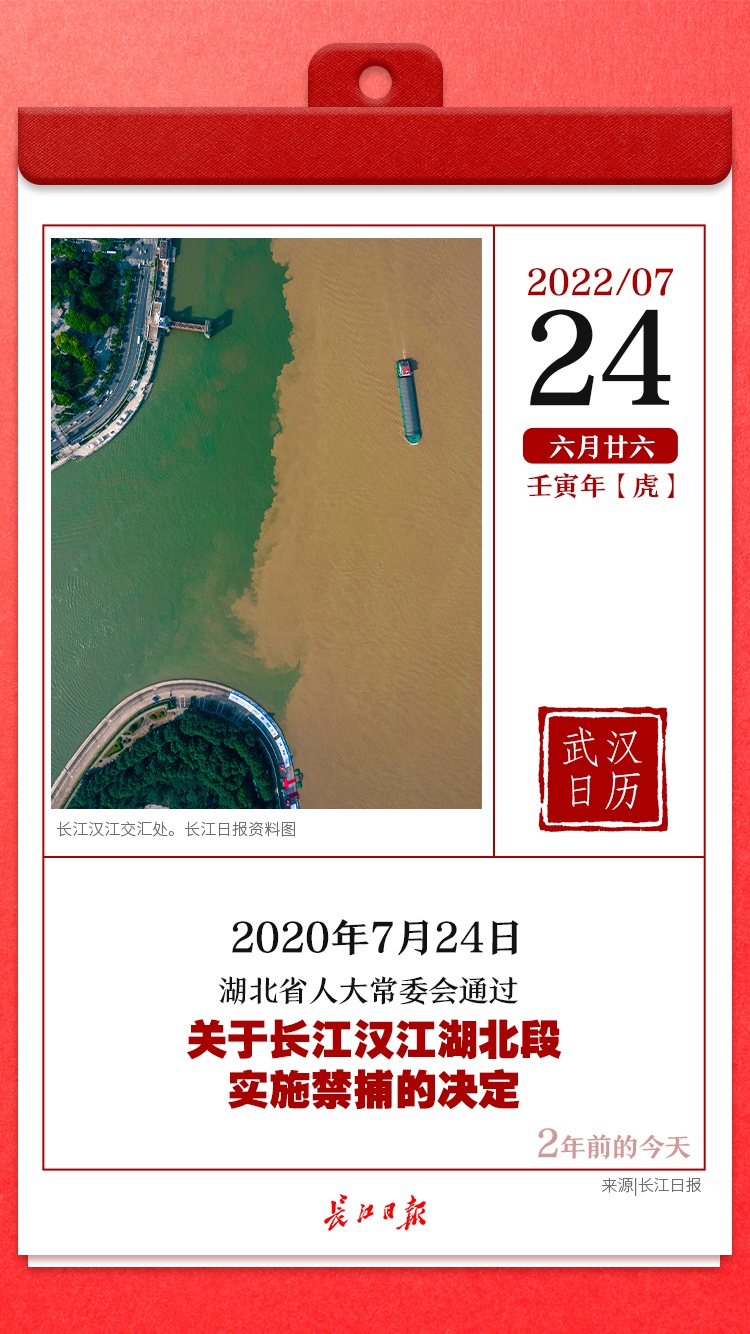
Coordinating | Chen Zhi Design | Zhang Li【Edit: Zhang Jing】For more exciting conte...